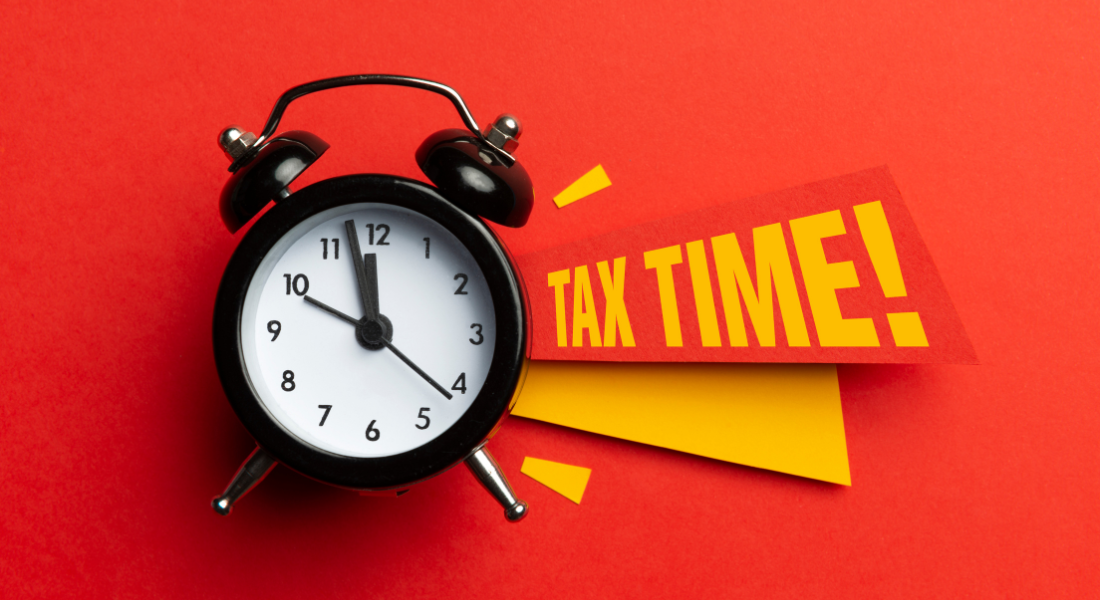How to properly manage your business cash flow
How to properly manage your business cash flow
Whether you are part of a large company or running your own business, managing cash flow is one duty that you simply can't afford to ignore. Cash flow management is the way in which an organization manages its sources of funds and its patterns of expenditure. Cash flow problems can occur even when companies bring in money faster than they spend it, but not having a plan to deal with the incoming and outgoing money can lead a business into serious debt. Cash flow is one of the most important elements in any business, yet it's often ignored or mismanaged.
When a company receives cash from its customers before it pays for inventory or other expenses, this puts the firm in what's called a "positive cash flow" position. Cash flow is a term that describes the movement of money into and out of a business. It can also refer to the amount of cash that's available for investment, debt repayment, or expansion.
When a company spends more money than it makes in revenue, this puts it in a "negative cash flow" position. Cash flow problems are common with small businesses because they have less money coming from their external sources. The primary source of capital for these companies usually comes from loans and external investors, so when they don't get enough incoming cash, they experience difficulties making payroll and other expenses that require immediate payment. Cash flow problems can sometimes be solved by taking on short-term liabilities such as credit cards or borrowing from family members while the company resolves its cash flow issues. Cash flow problems can also get worse if the company takes on too much debt or has to pay high-interest rates for borrowed money.
Cash flow analysis is essential in helping companies identify their spending patterns and it's one of the first things that business owners should examine before they create a budget. Cash flow analysis involves examining several different factors, including daily cash receipts, expenses, accounts receivable, inventory levels, accounts payable, and capital expenditures. Tracking all these elements will help you determine your available sources of funds. Managers often take notice when there's either not enough incoming cash to cover their routine costs or when outgoing costs are higher than their revenue bringing in more cash. Cash shortages usually lead to management prioritizing which bills should be paid and which expenses can wait. Cash flow analysis can be difficult to keep up with because it requires accounting and forecasting skills along with an in-depth knowledge of the company's products, customers, and competitors. Cash flow analysis is one area that small business owners can seek assistance in by hiring a CPA (certified public accountant).
Tips to manage your business cash flow properly
1. Evaluate your cash flow needs by taking into consideration the amount of money you have on hand, the amount of time it will take to get paid for a job or project, and what bills need to be paid.
2. Create a budget that includes income sources, fixed expenses, variable expenses, and savings goals
3. Prioritize your spending by looking at which items are necessities (i.e., groceries) versus luxuries (i.e., dining out)
4. Look for ways to cut back on unnecessary spending like cancelling unused memberships or subscriptions
5. Have an emergency fund with enough money in it so that if something unexpected comes up you can cover it without having to borrow from someone else
6. Keep track of all transactions including how much is owed and when payments are due - this way you'll know when there's not enough money coming in or too much going out.
Conclusion
Managing your business cash flow is what will keep you in the black. If you are not managing your accounts receivable, inventory, and other expenses accordingly, this may put you at risk of encountering a negative cashflow position that can be difficult to get out of. By analyzing these factors carefully before making any major decisions about how much money should go where in order for it all to work together smoothly, companies can identify their spending patterns and make adjustments as needed.
Contact us today, at Cartier CPA's our goal is to provide clients with the highest level of respect and quality of service.










